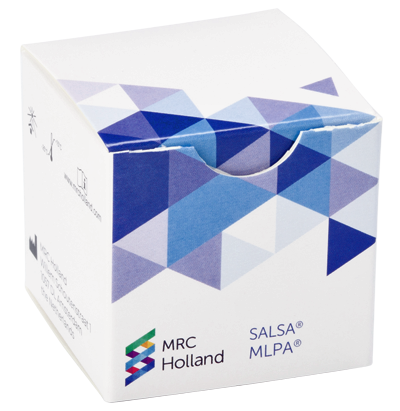Congenital Long-QT Syndrome (LQTS), also referred to as Romano-Ward syndrome (RWS), is a hereditary disease that predisposes patients to cardiac arrhythmias, which can result in recurrent syncope, seizure and sudden death. LQTS patients are electrocardiographically characterized by a prolonged QT interval resulting in a predisposition to develop the ventricular tachycardia torsade de pointes. The cumulative mortality is 6-8% before the age of 40, and therefore it is a leading cause of sudden death in young people. LQTS occurs in an estimated 1:2500 live births and in 75-80% of cases it is caused by mutations in cardiac sodium or potassium channel genes which result in the prolongation of the ventricular action potential. LQTS can be diagnosed based on prolonged QT intervals and/or abnormal T-waves in an ECG.
There are presently 15 types of LQTS known, each linked to a distinct gene. Generally, LQTS is inherited in an autosomal dominant fashion but some exceptions are discussed below. Most patients have LQTS type 1 or 2 with mutations in KCNQ1 (30-35% of LQTS patients) or KCNH2 (25-30% of LQTS patients) genes, respectively. The majority of disease-causing mutations in these genes are missense, nonsense, splice site or small frameshift mutations, accounting for 97-98% of LQTS type 1 or 2 patients. CNVs in KCNQ1 and KCNH2 genes have been identified in approximately 3% of individuals with LQTS, after mutation-negative results from sequencing. KCNQ1 and KCNH2 genes have definitive evidence for disease association (Adler et al. 2020).
Jervell and Lange-Nielsen syndrome (JLNS) is an rare autosomal recessive variant of LQTS. Patients with JLNS present a much more severe phenotype. They have more extended long-QT intervals and suffer from sensorineural hearing loss. 50% of patients with this syndrome have cardiac events before the age of three and more than half of untreated children die before the age of 15. JLNS patients have biallelic mutations (homozygous or compound heterozygous) in KCNQ1 or KCNE1. 90% of JLNS cases are due to KCNQ1 mutations, the majority being missense mutations; however cases of (multi)exon deletions and insertions are rare, but have been reported. 10% of JLNS cases are due to KCNE1 mutations, and no CNVs have been reported to date.
<1% of patients have LQTS type 5 which is associated with KCNE1 gene; and ~1% have LQTS type 6, which is associated with KCNE2 gene. KCNE1 and KCNE2 genes have no validity for congenital LQTS, but have a strong susceptibility to acquired LQTS. As of yet, no exon CNVs or whole gene deletions/duplications of KCNE1 and KCNE2 have been found in LQTS patients (Williams et al. 2015).
LQTS type 7, also autosomal dominant, is associated with mutations in KCNJ2. Less than 1% of LQTS patients have this type, but there is evidence that CNVs of KCNJ2 occur in LQTS patients (Marquis-Nicholson et al. 2014). LQTS type 7 is also known as Andersen-Tawil syndrome. Besides a long-QT interval and ventricular arrhythmias, these patients experience periodic paralysis due to flaccid muscle weakness and can have a variety of congenital or developmental abnormalities including low-set ears, widely spaced eyes, small mandible, fifth-digit clinodactyly, syndactyly, short stature, scoliosis and in some cases intellectual disability.
LQTS type 3, occurring in 5-10% of LQTS patients, is associated with gain-of-function variants of the SCN5A gene. All known gain-of-function mutations are point mutations, which cannot be detected with MLPA. Because CNVs in SCN5A are not expected to cause LQTS, no probes for this gene are included in this probemix. Loss-of-function variants in SCN5A result in a different disease: Brugada syndrome, for which the SALSA MLPA Probemix P108 is available.
More information on LQTS can be found here: https://www.ncbi.nlm.nih.gov/books/NBK1129/.






